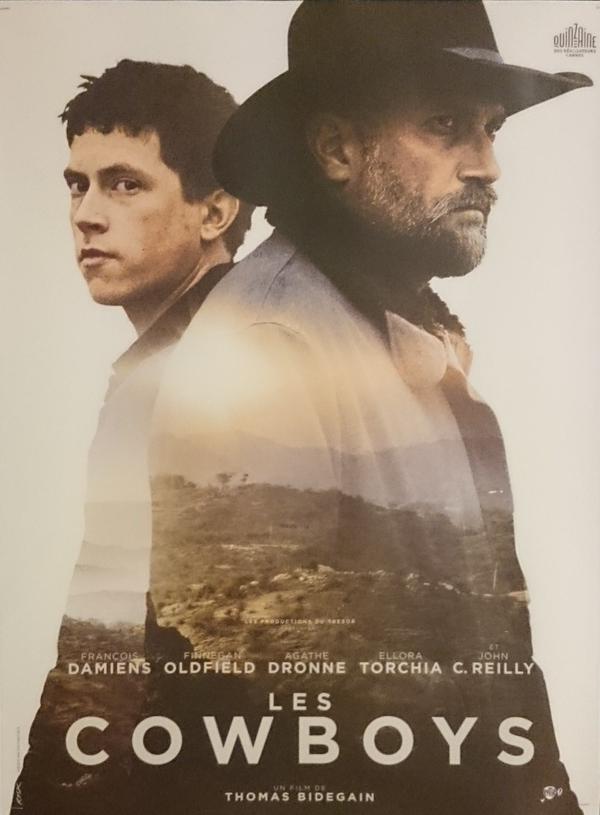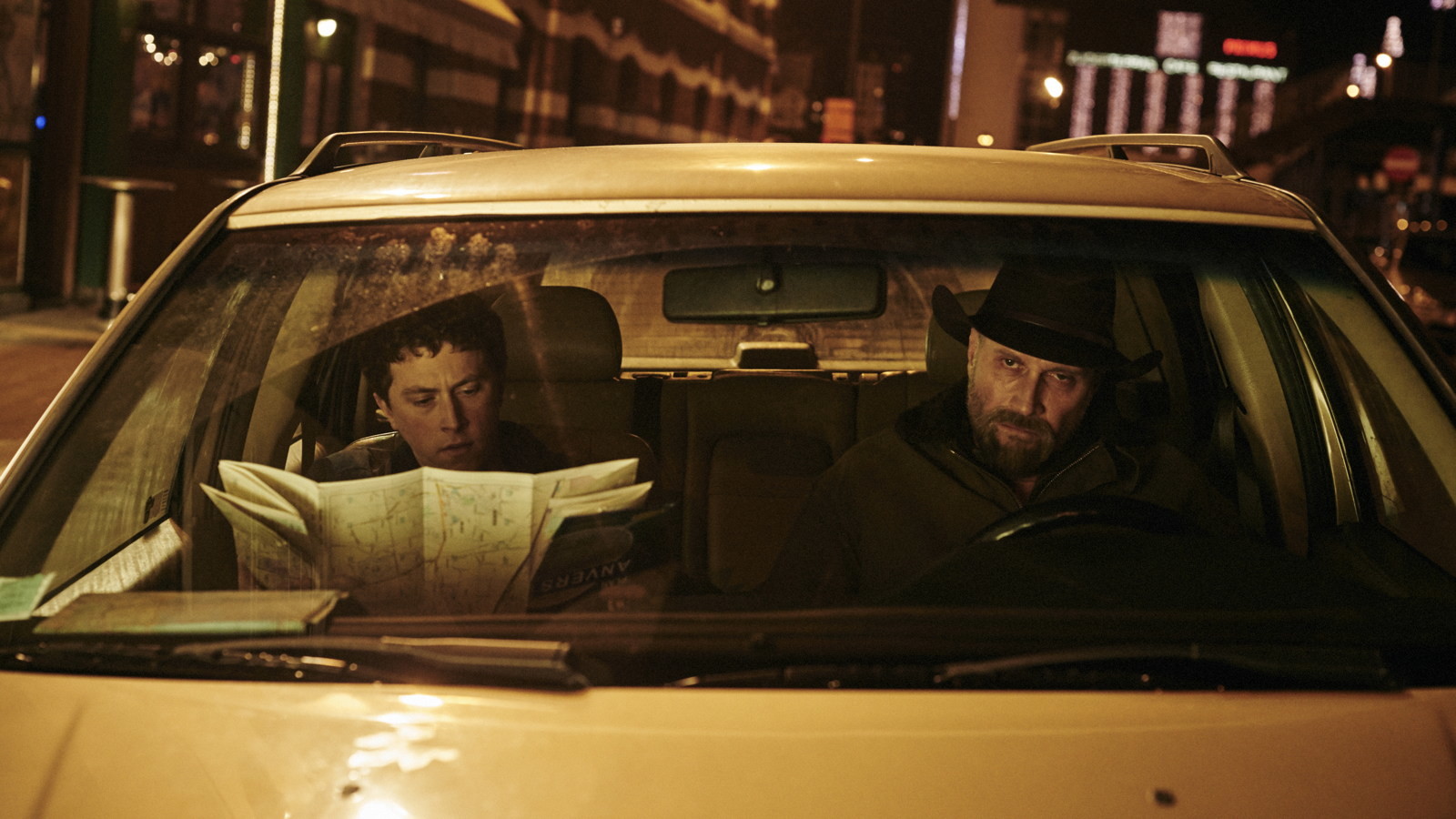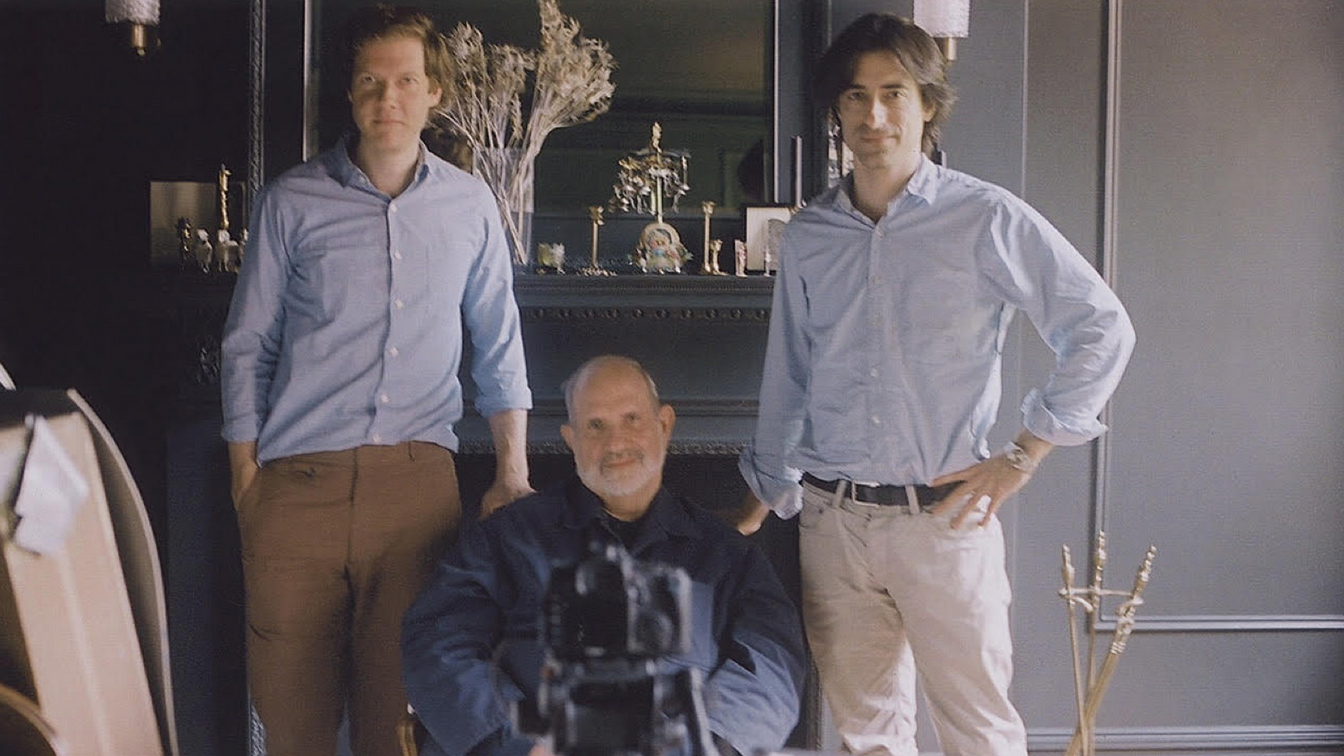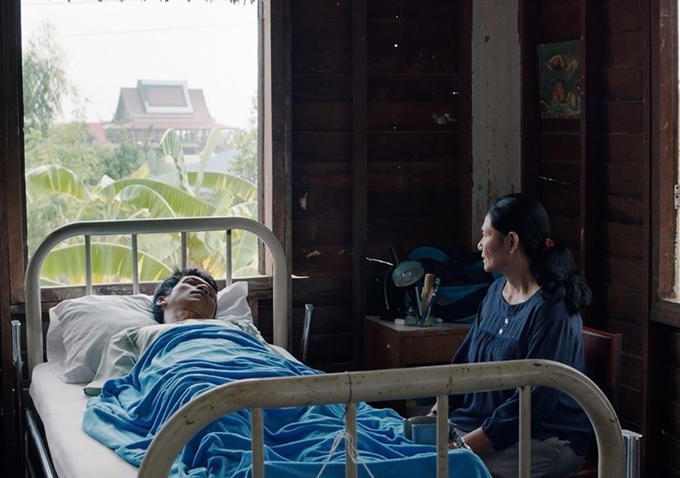September. It's a Wrap
 Wednesday, September 30, 2015 at 10:35PM
Wednesday, September 30, 2015 at 10:35PM We've reached the final quarter of the year? Unreal right? September was very rough off blog (personal crises for friends and family) and the movies kept us just as busy. Frankly your editor-in-chief has had a hard time remembering what day of the week it even is at this point. The head is spinning. So let October be a fresh new rebirth as we begin the march toward Oscar night. Just 151 days away!
 September often felt like a brick to the head
September often felt like a brick to the head
10 September Highlights
Best School Films - Team Experience went back to school by choosing the 10 all time best from 1955's Rebel Without a Cause through 2008's Palme d'or winner The Class.
Fury Road's "Best Shots" - multiple tributes to John Seale's cinematography on Mad Max Fury Road
Fast Times - Anne Marie looked at the career of Amy Heckerling in Women's Pictures
Matt Damon's Foot in Mouth Disease - Oh Matt. Well meaning oblivious Matt
AHS Promos - Manuel argued that American Horror Story is better at the foreplay than the actual f***ing
Top Ten Summer - the Podcast team chose their favorite things about 2015's summer movies
What's next for Jennifer Lawrence? - Murtada is keeping an eye on her
Goodfellas turns 25 - David revisited the Scorsese classic
Jeremy Irvine talked Stonewall "no one ever sets out to make a bad movie"
Liz Taylor's best Cleopatra looks - Abstew did the impossible choosing 10 from 65 costume changes!
Oscar Mania
Tis the (beginning) of the season. We paid special attention to Best Picture movement, Original Song, Foreign Film, Actress, and Actor... but all of the charts are freshly updated.
Other Happenings...
At TIFF Amir & Nathaniel reviewed 37 films (whew). But film festivals weren't the only happenings. In September we also learned that we'd get two Oscar hosts (but not who they'd be), were forced to say goodbye to master of horror Wes Craven, and celebrated Emmy night with several articles as well as actressy celebrations devoted to Regina King, and new triplecrowner Frances McDormand.

COMING IN OCTOBER
Lots of exciting new movies to talk about including Room, The Martian, Freeheld, Steve Jobs, Crimson Peak and Suffragette. We'll also have a mini 1963 celebration to include the final Supporting Actress Smackdown of the season featuring Tom Jones, The VIPs and Lilies of the Field (panelists tba very soon), a few spooky films, and more interviews, reviews, lists, and silliness. ANY REQUESTS?
 NYFF,
NYFF,  Oscars (15),
Oscars (15),  TIFF,
TIFF,  Year in Review
Year in Review 










